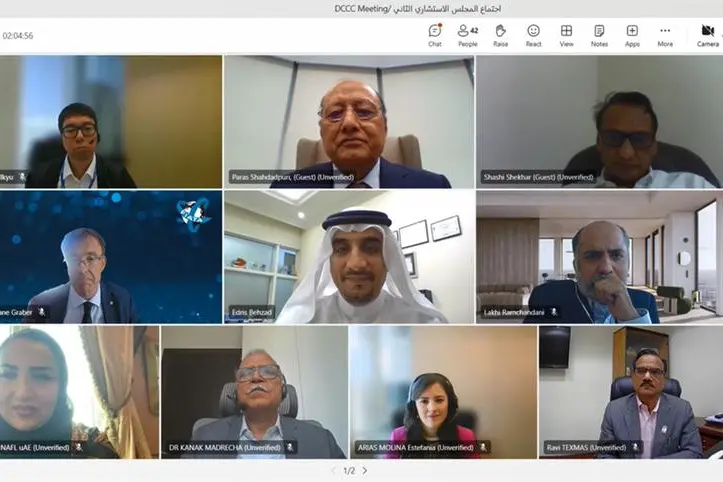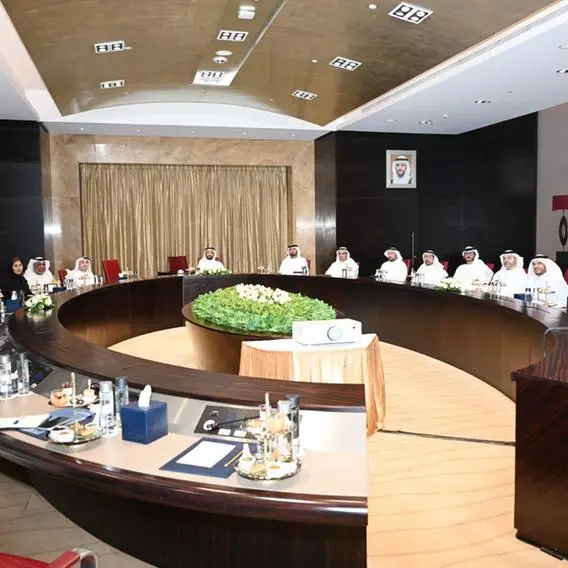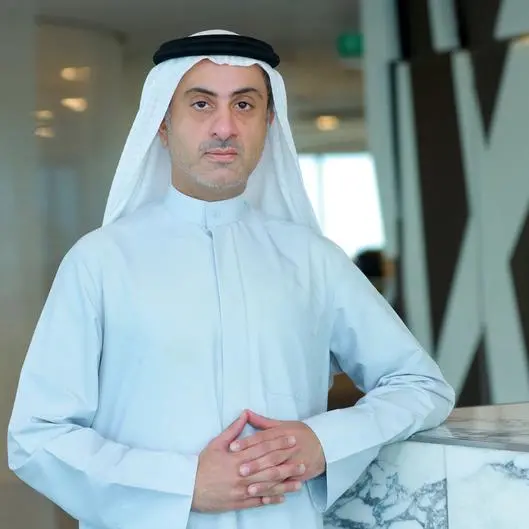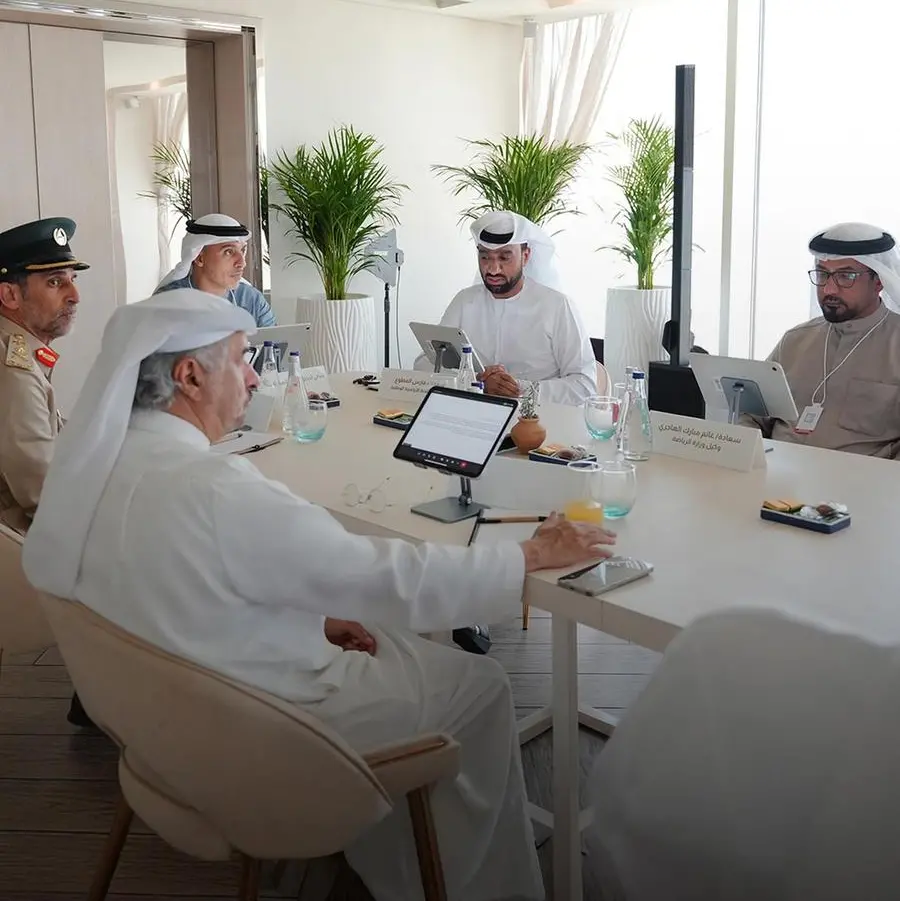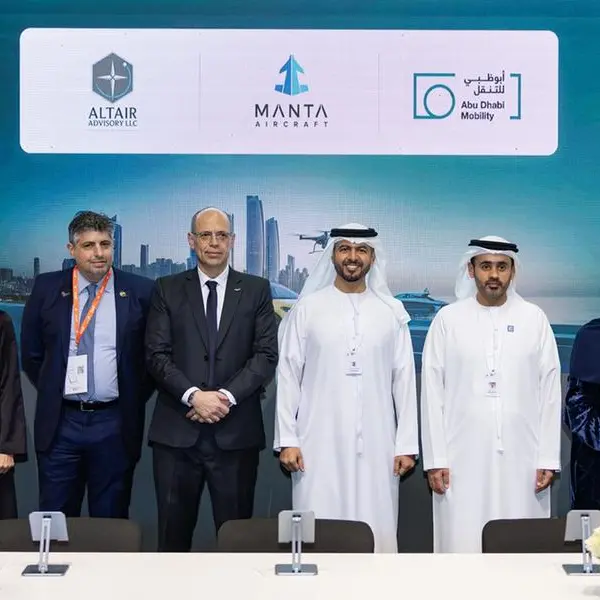PHOTO
Dubai – Dubai Customs held its second Consultative Council meeting in 2024, chaired by H.E. Dr. Abdulla Mohammed Busenad, Director General of Dubai Customs, in the presence of executive directors, department directors, and council members from work groups and trade sectors. The meeting covered various agenda items focused on coordinating efforts and future aspirations aimed at facilitating business practices. Participants were briefed on updates and enhancements to the digital service mechanisms, enhancing communication between the Department and stakeholders. This initiative underscores Dubai's strategic position in global trade and supports achieving its economic agenda, D33.
Adolf Gibbin, expert, and Rashid Abdullah Al Shihi, expert from the Ministry of Foreign Affairs and International Cooperation, presented updates on the eDAS 2.0 invoice authentication system. Al Shihi highlighted significant advancements in digital government services, particularly the direct impact of electronic commercial invoice authentication on processing times and data accuracy. The system enables users to submit documents electronically without the need for paper submissions. Al Shihi outlined the seamless steps and procedures of electronic authentication.
Dubai Customs integrated customs clearance systems with the Ministry's electronic document authentication system to streamline processes for stakeholders. Importers and exporters are required to input the electronic authentication reference number issued by the Ministry when organizing customs declarations for imports or re-exports, provided that authentication fees are settled prior to customs declaration completion.
Dr Stéphane Graber, Director General at FIATA International Federation of Freight Forwarders Associations, emphasized the importance of digitizing operations, procedures, and transport documents to enhance trade facilitation and data exchange efficiency. He provided insights into FIATA's digital shipping bill and its benefits to the trade sector, including faster document issuance, increased security against fraud, reduced delivery times, and improved cargo handling efficiency.
Qiu Park, legal advisor, and Estefania Arias Molina, expert from the World Intellectual Property Organization (WIPO), discussed the importance of enforcing intellectual property rights (IPR) and WIPO's role in legal actions against IPR infringements. They emphasized the value of IPR assets for companies and individuals, protecting innovative ideas, technological solutions, creative works, and trademarks. They stressed that obtaining IPR alone does not guarantee protection; enforcement of these rights is crucial for the success of innovators, entrepreneurs, and creators.
